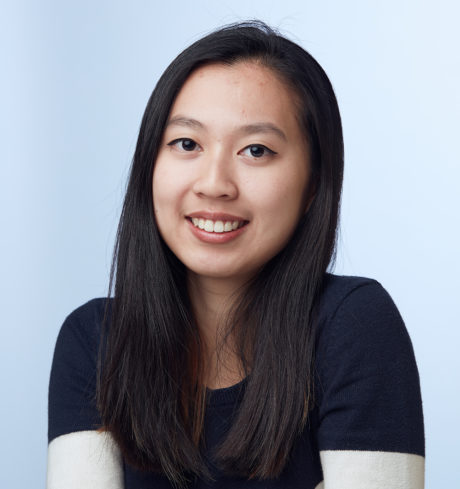
by Michele Kirichanskaya | Jan 19, 2024 | Blog
Clar Angkasa was born and raised in Jakarta, Indonesia, and graduated from Rhode Island School of Design with a BFA in Illustration. An illustrator, animator, and comic artist with a passion for narrative art, she draws inspiration from stories, nature, and wholesome...
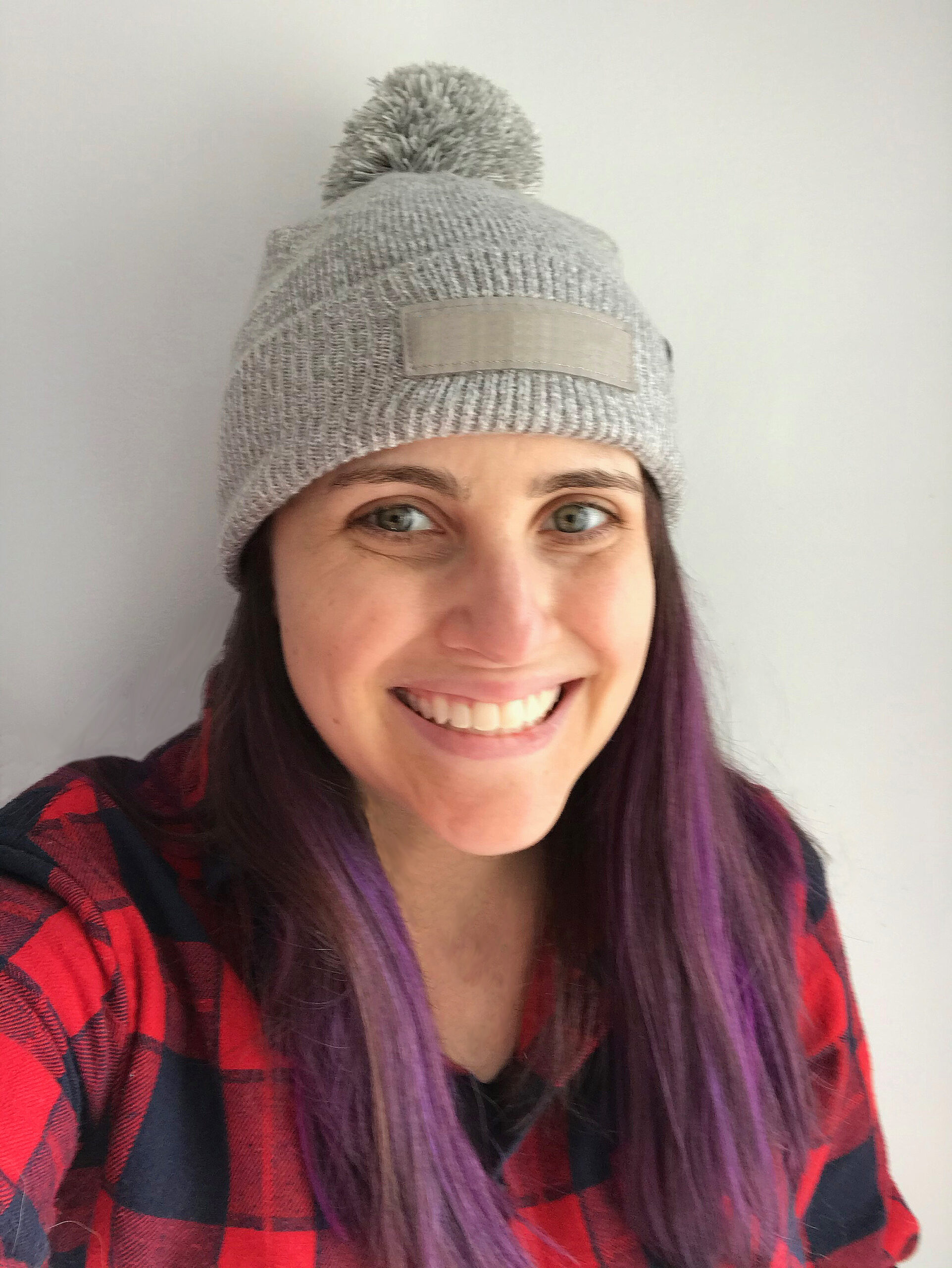
by Michele Kirichanskaya | Jan 12, 2024 | Blog
CLAIRE LORDON is an American-Canadian illustrator, designer, and author who creates children’s books, comics, surface designs, murals, maps, and greeting cards for a number of companies. She earned her BFA in illustration at the Rhode Island School of...
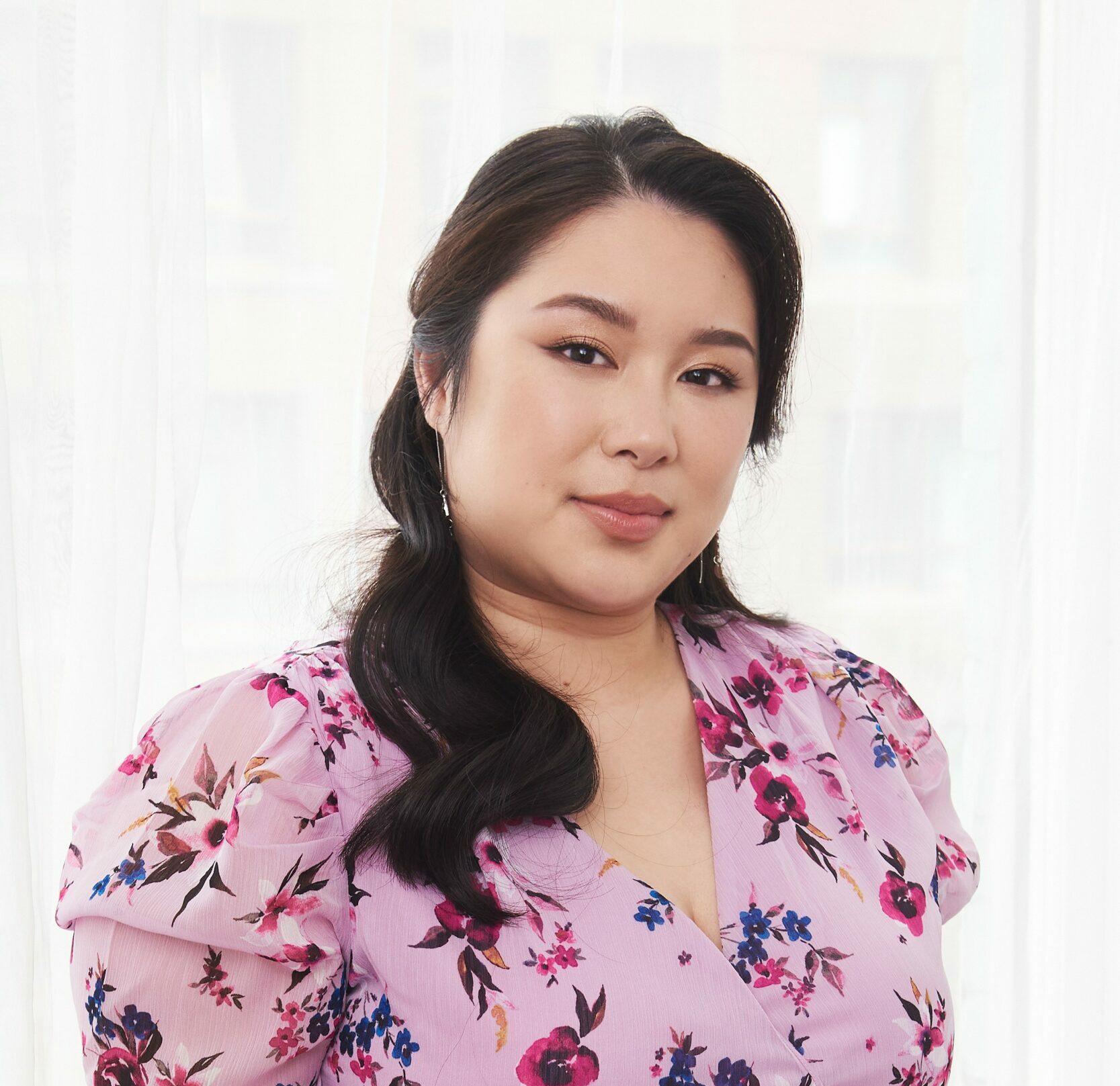
by Michele Kirichanskaya | Jan 10, 2024 | Blog
Katrina Kwan is a Vancouver-based actress and author. After graduating from Acadia University with a BA in Political Science in 2017, she decided to pursue her love of writing and stumbled her way into the world of freelance ghostwriting. Over the course of six years,...
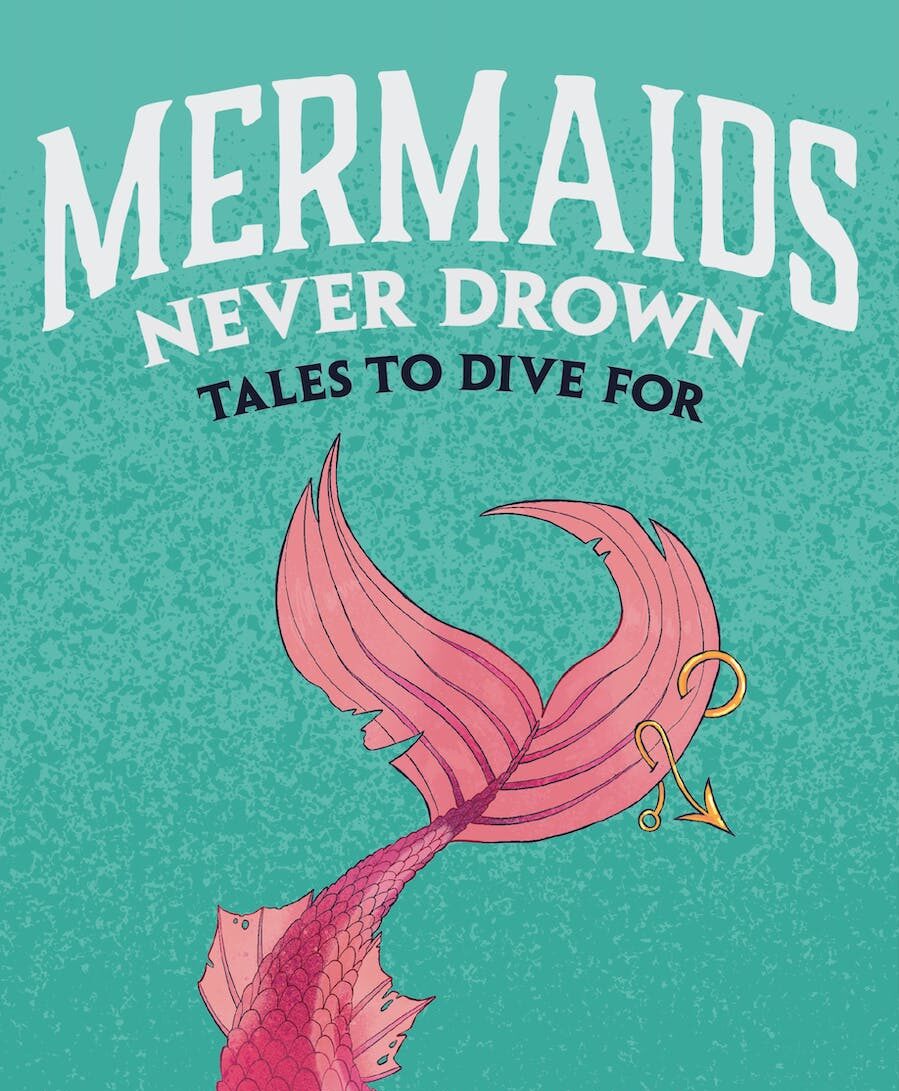
by Michele Kirichanskaya | Jan 7, 2024 | Blog
Zoraida Córdova is the acclaimed author of more than two dozen novels and short stories, including the Brooklyn Brujas series, Star Wars: The High Republic: Convergence, and The Inheritance of Orquídea Divina. In addition to writing novels, she serves on the board of...
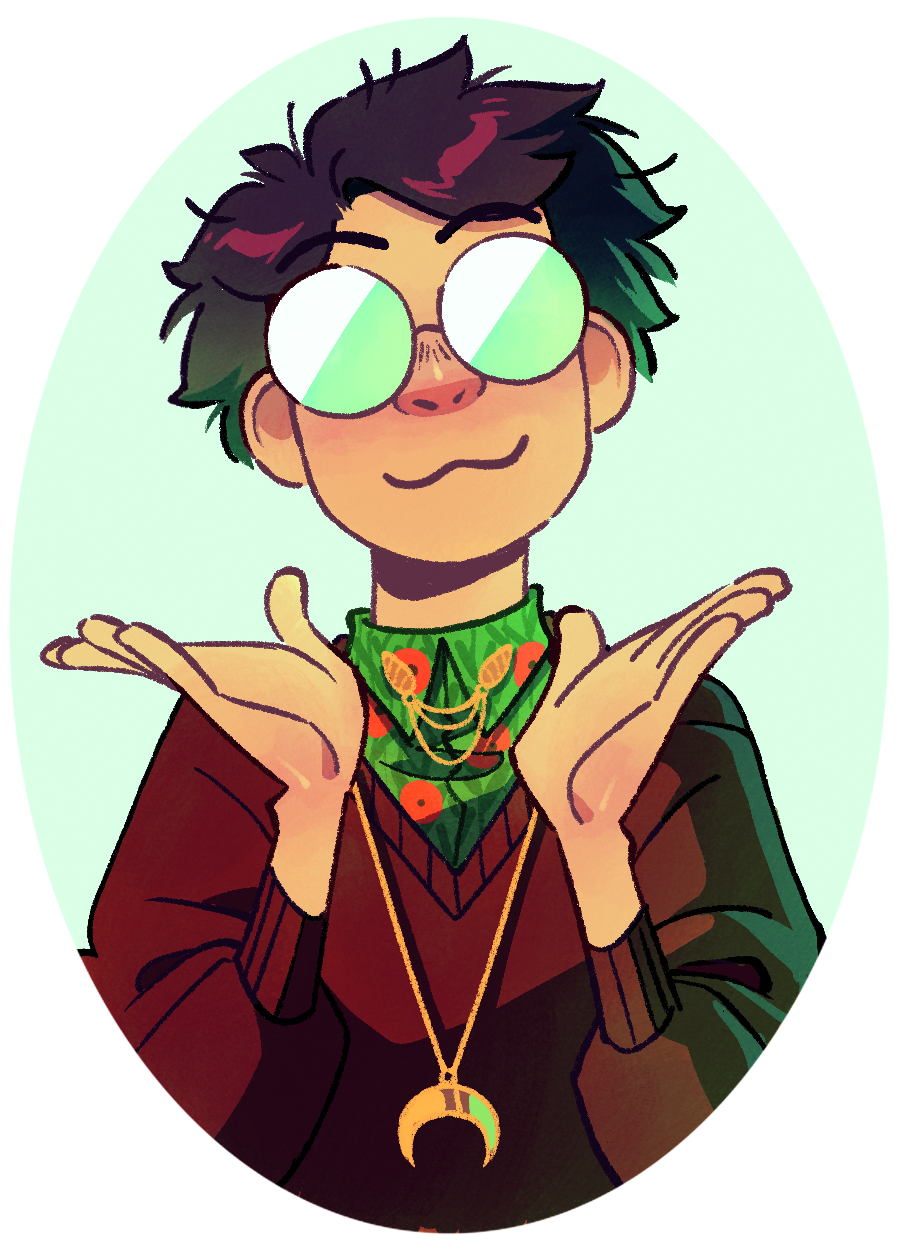
by Michele Kirichanskaya | Jan 5, 2024 | Blog
S. H. Cotugno is a queer and mixed-race Victorian horror nerd born and raised inLos Angeles, California. They are a director, writer, and storyboard artist in theanimation industry and have previously worked on projects such as Gravity Falls,The Owl House, and Star...






